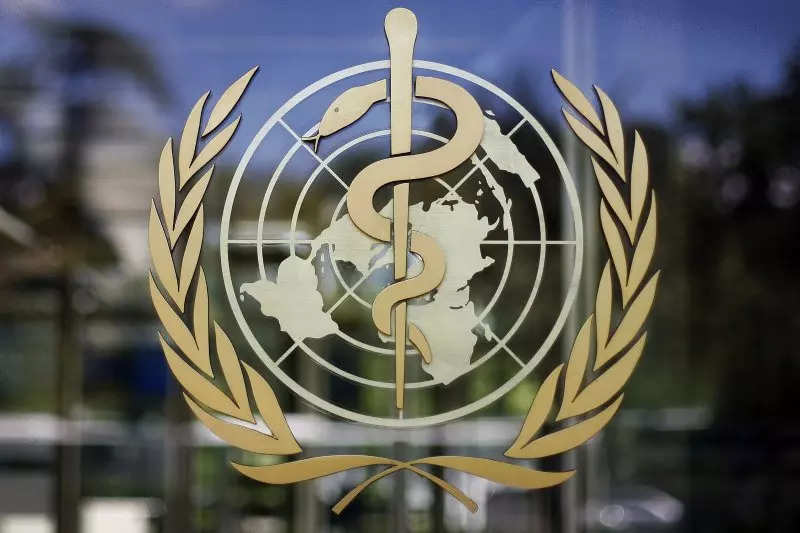Sept. 28, 2023 — COVID-19 can raise the risk of heart attack and stroke by infecting the arteries of the heart and causing fatty plaque in the arteries to become inflamed, according to new research.
The findings were funded by the National Institutes of Health and published in the journal Nature Cardiovascular Research.
The information could shine a light on why some people with COVID-19 have a higher chance of getting cardiovascular disease or developing more heart-related complications if they already have it, according to the NIH.
“Since the early days of the pandemic, we have known that people who had COVID-19 have an increased risk for cardiovascular disease or stroke up to one year after infection,” said Michelle Olive of the National Heart, Lung, and Blood Institute (NHLBI), part of NIH. “We believe we have uncovered one of the reasons why.”
Earlier research showed that SARS-CoV-2 can directly infect brain and lung tissues. But doctors knew less about how the virus affects the coronary arteries.
“In the study, researchers focused on older people with fatty buildup, known as atherosclerotic plaque, who died from COVID-19,” NIH said. “However, because the researchers found the virus infects and replicates in the arteries no matter the levels of plaque, the findings could have broader implications for anybody who gets COVID-19.”
Olive said the study is “incredibly important” because it adds to the larger body of knowledge about COVID-19.
“This is just one more study that demonstrates how the virus both infects and causes inflammation in many cells and tissues throughout the body,” she said. “Ultimately, this is information that will inform future research on both acute and Long COVID.”










